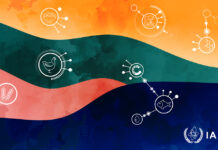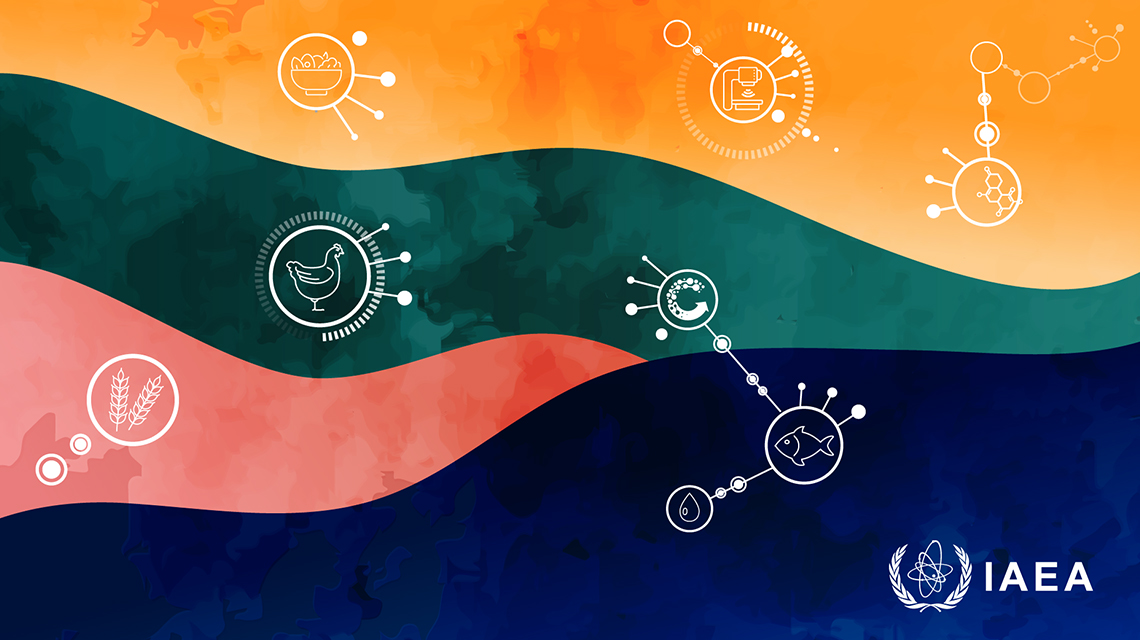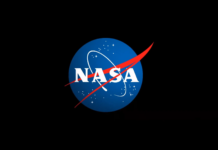The Upcoming 2024 Ministerial Conference on Nuclear Science and Technology
In November 2024, the city of Vienna, Austria, will host an important event at the International Atomic Energy Agency’s (IAEA) headquarters. This occasion, known as the 2024 Ministerial Conference on Nuclear Science, Technology, and Applications, along with the Technical Cooperation Programme, aims to gather influential decision-makers from around the world. The primary focus of this conference is to highlight the significant role that nuclear science and technology, coupled with the IAEA’s Technical Cooperation (TC) programme, play in addressing some of the most pressing global challenges. These challenges include climate change, the increasing burden of cancer, hunger, water scarcity, and the growing issue of plastic pollution.
The world is currently facing a multitude of challenges that threaten development and progress. Nuclear applications offer viable technical solutions to these issues, helping countries meet their development goals while simultaneously tackling emerging problems. For instance, climate change poses a serious threat by exacerbating food insecurity and water scarcity, and it also endangers oceanic resources. Additionally, global health is under pressure due to pandemic threats and insufficient cancer care facilities.
In a statement reflecting on the significance of nuclear science and technology, IAEA Director General Rafael Marino Grossi emphasized the agency’s long-standing commitment to assisting countries in harnessing nuclear energy’s potential. He noted, “For decades, the IAEA has led the way in helping countries harness the great potential of nuclear science and technology. Together we have succeeded in touching the lives of many around the world. But seeing the scale of the challenges, we need to do more.”
IAEA’s Flagship Initiatives
In response to these challenges, the IAEA has launched five flagship initiatives aimed at helping countries manage their development issues more effectively. These initiatives include:
- ZODIAC: This programme is designed to assist countries in preventing pandemics caused by zoonotic diseases, which are diseases originating in animals that can be transmitted to humans. The focus here is on research and innovation to safeguard human health.
- NUTEC Plastics: This initiative tackles the problem of plastic pollution by introducing cutting-edge technologies to enhance plastic recycling. It also involves identifying and monitoring plastic pollution in the ocean to address this environmental issue comprehensively.
- Rays of Hope: Cancer Care for All: Targeted at expanding cancer care in middle- and low-income countries, this initiative addresses the urgent need for better cancer treatment facilities and resources where they are most necessary.
- Atoms4Food: A collaborative effort with the Food and Agriculture Organization of the United Nations, this initiative is directed towards enhancing food security worldwide.
- Atoms4NetZero: This initiative seeks to inform policymakers about the potential of nuclear power as a reliable backbone for clean, affordable, resilient, and secure energy transitions, crucial for achieving net-zero emissions.
Encouraging Dialogue and Collaboration
The upcoming Ministerial Conference will serve as a platform to foster dialogue on the development and implementation of nuclear techniques. The aim is to help countries achieve the United Nations Sustainable Development Goals (SDGs), with an emphasis on food security and safety, climate change, and the management of water resources. This event also aims to raise awareness about the IAEA’s research and development capabilities and the vital role its TC programme plays in transferring nuclear applications and technology to member states. This transfer of knowledge and technology is crucial for enabling countries to apply nuclear science safely and securely to tackle developmental challenges.
Nuclear Science for Peaceful Purposes
The IAEA is committed to helping countries utilize nuclear science and applications safely and sustainably for peaceful purposes. The range of applications is broad, from employing the environmentally friendly sterile insect technique to eliminate pests, to using mutation breeding to develop better crop varieties. Moreover, nuclear techniques are instrumental in combating malnutrition and are pivotal in the fields of radiotherapy and nuclear medicine, contributing significantly to human health. Nuclear applications are also essential in the fight against climate change, offering tools for climate change mitigation, monitoring, and adaptation. An example of this is isotope hydrology, which helps manage water resources more effectively by providing insights into groundwater systems, water quality, and the sustainable use of aquifers.
Technical Cooperation Programme
The IAEA’s Technical Cooperation (TC) programme is the primary mechanism through which nuclear technology is transferred to member countries. Around 150 countries benefit from this programme, which addresses key development priorities. The IAEA also facilitates collaborations among research institutions worldwide, focusing on coordinated research projects that span isotope and radiation applications in agriculture, human health, industry, and both terrestrial and marine environments.
By sharing knowledge and fostering regional cooperation, the IAEA assists countries in addressing their most urgent priorities in a manner that is both safe and sustainable. This support is crucial in areas such as agriculture, food, water, and health, where the benefits of nuclear technology can be most effectively realized.
Conclusion
The 2024 Ministerial Conference on Nuclear Science, Technology, and Applications promises to be an influential event, driving forward the conversation on how nuclear science can be harnessed to address some of the world’s most pressing challenges. By highlighting the IAEA’s initiatives and encouraging international collaboration, the conference aims to pave the way for a future where nuclear technology is used wisely and widely for the betterment of society, ensuring that developmental goals are met in a sustainable and secure manner.
For more information on the IAEA and its initiatives, you can visit their official website at IAEA.org.
For more Information, Refer to this article.


































